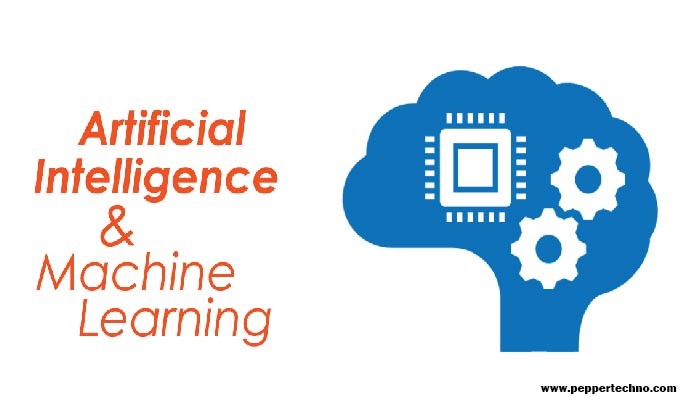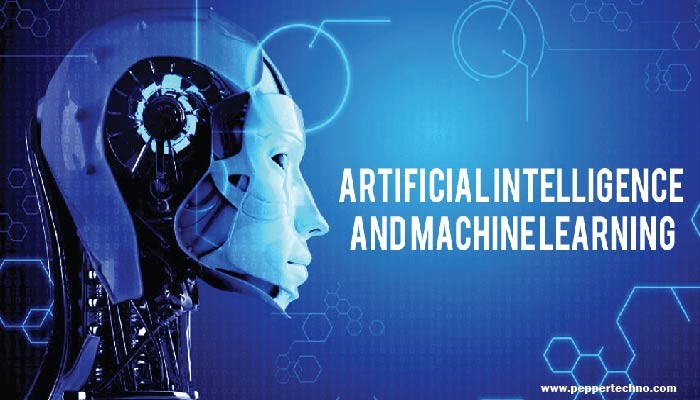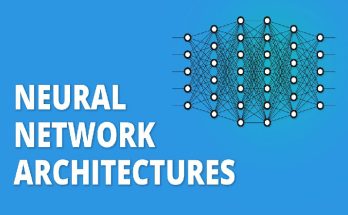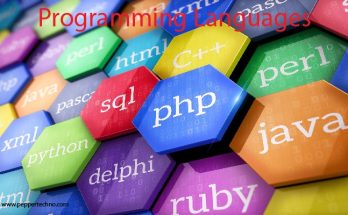Navigating the Landscape of AI Machine Learning Courses
We are discussing AI Machine Learning Courses. In the ever-evolving realm of technology, artificial intelligence (AI) and machine learning (ML) stand out as transformative forces reshaping industries and societies. As demand for AI and ML expertise continues to surge, educational institutions and online platforms offer a plethora of courses to meet the growing need for skilled professionals. This article delves into the diverse landscape of AI and ML courses, exploring their significance, key features, and how aspiring learners can navigate through the options available.

Understanding the Basics: Introduction to AI and ML
In this section, we’ll explore the fundamental concepts of AI and ML, providing readers with a foundational understanding. Topics covered may include the definition of AI, types of machine learning (supervised, unsupervised, reinforcement learning), and common applications in various domains.
Exploring Course Formats: Online, In-Person, and Hybrid
Here, we discuss the different formats through which AI and ML courses are delivered. This includes online platforms like Coursera, Udacity, and edX, traditional in-person classes offered by universities, and hybrid models combining both online and offline elements. We’ll evaluate the advantages and disadvantages of each format to help readers choose the most suitable option.
Specialization Tracks: Niche Focus Areas
This section delves into specialization tracks within AI and ML courses, such as natural language processing (NLP), computer vision, reinforcement learning, and deep learning. We’ll examine the significance of these niche focus areas and their relevance in specific industries, providing insights into career opportunities and skill development.
Hands-On Experience: Practical Projects and Case Studies
Practical experience is crucial in mastering AI and ML concepts. Here, we explore courses that offer hands-on projects, labs, and case studies to reinforce theoretical learning. Readers will gain an understanding of how these practical components enhance their skills and prepare them for real-world applications.
Instructor Expertise: Industry Leaders and Academic Pioneers
The quality of instructors can significantly impact the learning experience. In this section, we highlight courses taught by industry leaders and academic pioneers renowned for their expertise in AI and ML. By analyzing instructor credentials, teaching styles, and student feedback, readers can make informed decisions when selecting courses.
Certification and Accreditation: Validating Skills
Certifications play a vital role in validating AI and ML skills to potential employers. Here, we discuss the importance of certification programs offered by recognized institutions and accrediting bodies. We’ll also explore industry-recognized certifications such as Google’s TensorFlow Developer Certificate and Microsoft Certified: Azure AI Engineer Associate.
Peer Learning and Community Engagement: Forums and Discussion Groups
Learning is not confined to classroom settings; peer interaction and community engagement are equally valuable. In this section, we examine the role of online forums, discussion groups, and social platforms in facilitating collaborative learning experiences. Readers will discover how participating in communities enhances their understanding and fosters networking opportunities.
Tailoring Learning Paths: Customized Curricula
Every learner has unique goals and requirements. Here, we discuss the importance of tailored learning paths and customized curricula offered by some AI and ML courses. Whether aspiring professionals seek to upskill in a specific area or pivot careers, personalized learning experiences can accelerate their journey towards mastery.
Continuous Learning: Lifelong Skills Development
AI and ML are dynamic fields characterized by continuous innovation and evolution. In this section, we emphasize the importance of lifelong learning and ongoing skills development. Readers will explore strategies for staying updated with emerging trends, attending workshops, and participating in continuing education programs to remain competitive in the job market.
Conclusion: Empowering Learners in the AI Era
As we conclude, we reflect on the transformative impact of AI and ML courses in empowering learners to navigate the complexities of the AI era. From mastering foundational concepts to specializing in niche domains, individuals equipped with AI and ML skills are poised to drive innovation, solve complex challenges, and shape the future of technology and society. By leveraging the diverse array of courses available, aspiring learners can embark on a journey of discovery, growth, and endless possibilities in the exciting world of artificial intelligence and machine learning.



